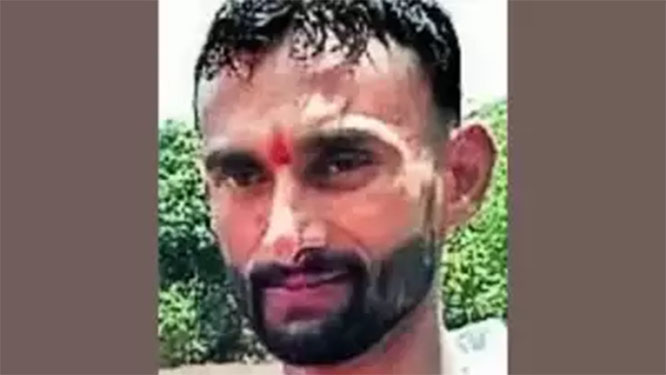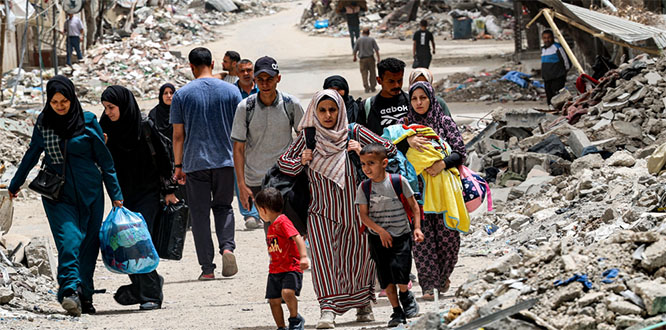Mumbai, Aug 21: India's economic growth is likely to slow down further to 5.7 per cent in the April-June quarter of this year due to low consumption, weak investments and an under-performing service sector, said a Nomura report. The economy, however, is expected to see some recovery in the July-September quarter, the report added.

It attributed the slowdown to the ongoing crisis in shadow banks, which were funding the consumption drive before liquidity crisis hit them hard last September, as well as weakening global growth and the resultant demand slump.
"The Indian economy is likely to slow down further to 5.7 per cent in April-June from a five-year low of 5.8 per cent in January-March," Nomura analysts Sonal Varma and Aurodeep Nandi said in their client note
"High-frequency indicators continue to show familiar pain points -- a deep contraction in consumption, weak investment, a slowing external sector and an under-performing services sector," they said.
"The growth momentum is likely to pick up in the September quarter to 6.4 per cent and go further to 6.7 per cent in the three months after that," said Nomura citing data from its proprietary tools. "We will watch coming data prints to see whether they confirm or negate the sustainability of the turnaround in the growth cycle," it added.
But the brokerage firm also said the industry and investment indicators are relatively stable. "We believe the GDP is yet to bottom out, and expect it to moderate to 5.7 per cent in the June quarter, down from 5.8 per cent in the March quarter," the note said.
The report added that some indicators were showing early signs of bottoming out. The July data shows improvement in 53 per cent of the indicators as compared to 31 per cent in June, the report noted.
Nomura's Composite Leading Index (CLI) for Q3 (July-September) has ticked marginally higher to 99.9 from 99.8 in Q2, led by higher industrial production growth, an improvement in visitor arrivals growth, equity markets and lower policy rates.
"While the concurrent state of the economy remains a concern, nascent signs of green shoots and positive performance of leading indicators provide some signs that a recovery may be slowly materialising," said the Nomura report.








Comments
Add new comment